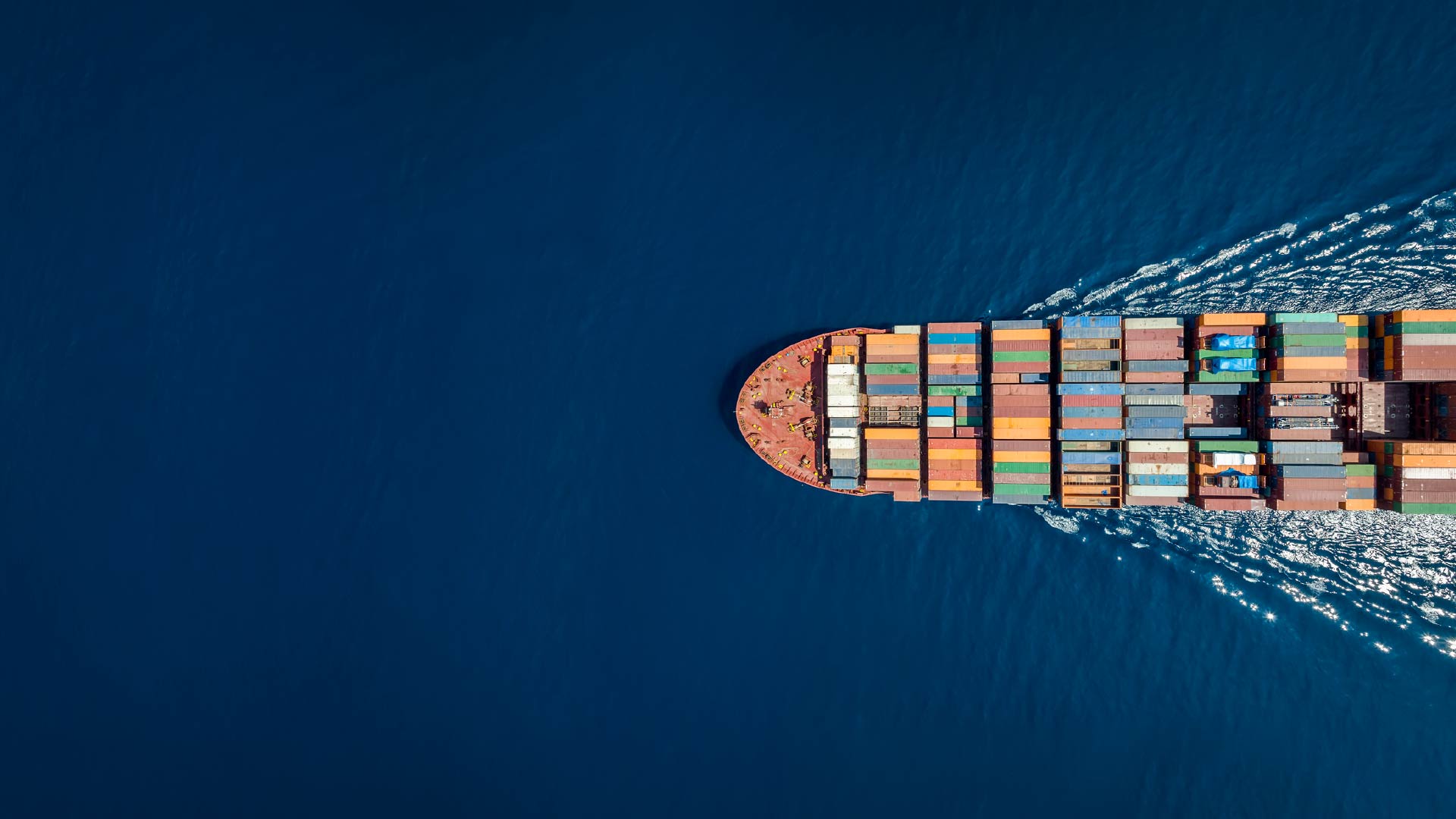From Trash To Treaty: Processing Plastic Negotiation Outcomes
Plastic production is hugely profitable: in 2023 (the latest year of verified statistics) the value of plastic traded globally amounted to $1.1 trillion. But plastic pollution is hugely problematic: the social and environmental cost of plastic pollution is estimated to be $1.5 trillion annually. And this problem is set to continue for the time being, with the INC-5.2 negotiations held in Geneva ending without agreement.
For a brief summary of the story so far, see From Trash To Treaty: Un-Pack(ag)ing The Plastic Pollution Treaty So Far.
The plastic blockage
The latest round of negotiations undertaken in Geneva at INC-5.2 precipitated a familiar sight for negotiators – no agreement on a treaty text achieved, yet again. However, the consensus on what is preventing an agreement is firm: the divide between oil-producing nations and those seeking binding regulations on virgin plastic production remains resolute.
The profit-problem distinction has been a persistent sticking point in negotiations. Oil-producing nations, alongside developing economies, see plastic production as a key commercial activity for their present and future economies. Accordingly, they seek to limit the treaty text to binding statements relating only to the regulation of plastic waste and pollution – not its production.
While no consensus was achieved, negotiations have not been abandoned. Another session (for further negotiations) is to be scheduled for a later date.
What does this change?
In short, the continued stalemate in negotiations means that little is likely to change for the moment. A comprehensive global agreement on plastic pollution – intended to follow in the footsteps of the Convention on Biological Diversity for biodiversity protection and the Paris Agreement for climate change – remains a way off. Instead, present regulatory patterns of national and regional plastic regulations leading the way are set to stay.
Why is this a problem for business?
As fines relating to green claims continue to pose a financial risk, and both consumers and investors demand sustainable products and corporate agendas, compliance remains a significant concern. The absence of an overarching international agreement governing plastic weakens the possibility of a standardized and cohesive regulatory approach. Firms with complex international supply chains will still have to contend with the present fragmented regulatory landscape, with a high number of regional and sector-specific regulations governing various aspects of the plastic life cycle.
For more information on plastics in the context of sustainable products, see:
- Strategic Focus: Waste Management And Recycling
- Tech Roadmap: Circular Economy And Supply Chain Sustainability Technologies (2024)
- And look out for the upcoming Market Trends: Sustainable Products – From Product Design To Re-Use
For more information on regional regulatory approaches, see the Verdantix country-specific reports series.
About The Author

Callum Millard
Analyst





